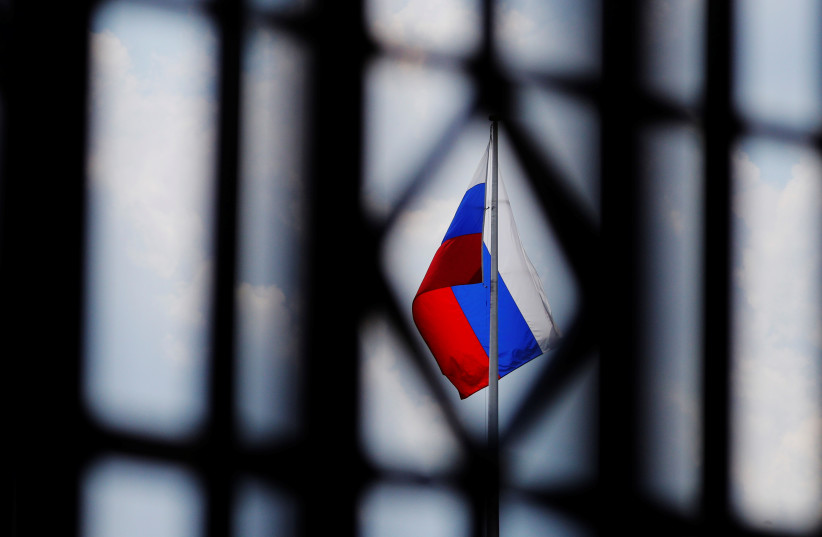Russian authorities designated the World Wildlife Fund (WWF) as an "undesirable organization" on Wednesday, rendering all of its activities illegal within Russia and effectively banning it from operating within the country.
In an official statement from the Russian Prosecutor-General’s Office, Moscow claimed that WWF had waged "tendentious" campaigns against the energy, oil, and natural gas industries, to impede Russia's economic growth.
Moscow accused WWF of trying to undermine and sabotage Russia's development in the Arctic, which is a region of key strategic importance to Russia due to its natural resources.
It is the latest in a series of moves against environmental protections in Russia after the WWF was labeled a “foreign agent” by the Russian Justice Ministry in March and Greenpeace was banned as “undesirable” in May.
Banned organizations in Russia
Russia’s undesirable organizations law gives prosecutors the power to extrajudicially declare foreign and international organizations "undesirable" in Russia and stop them from operating within the country.

If they do not cease operations, they are subject to heavy fines and long prison sentences. Russian individuals and groups who maintain ties with designated undesirable organizations are subject to the same punishments.
The law was signed by Russian President Vladimir Putin in 2015. Since then, Russia has maintained an ever-growing list of undesirable organizations, many of which are human rights advocacy and environmentalist groups.
WWF’s addition to the list means that any interaction with the organization, such as making donations or sharing its content online, is illegal.
WWF's response
WWF released a formal statement in response, saying that they were saddened by Russia's designation but that they were proud of the work they'd done in Russia over the years.
"We are deeply disappointed by the Russian Prosecutor-General’s Office decision to designate WWF’s activities as “undesirable on the territory of the Russian Federation”. As a result and with immediate effect, WWF-Russia (“Vsemirnyi Fond Prirody") has taken the difficult decision to no longer be part of the WWF network. Sadly, this brings to an end WWF-Russia’s proud history of conservation impact in Russia which spans more than 30 years."
"WWF is proud of our record of supporting nature conservation in Russia."
WWF International Statement
WWF had been active in Russia since 1989 and the Russian representative office of WWF was opened in 1994. WWF's Russian website is no longer accessible.
